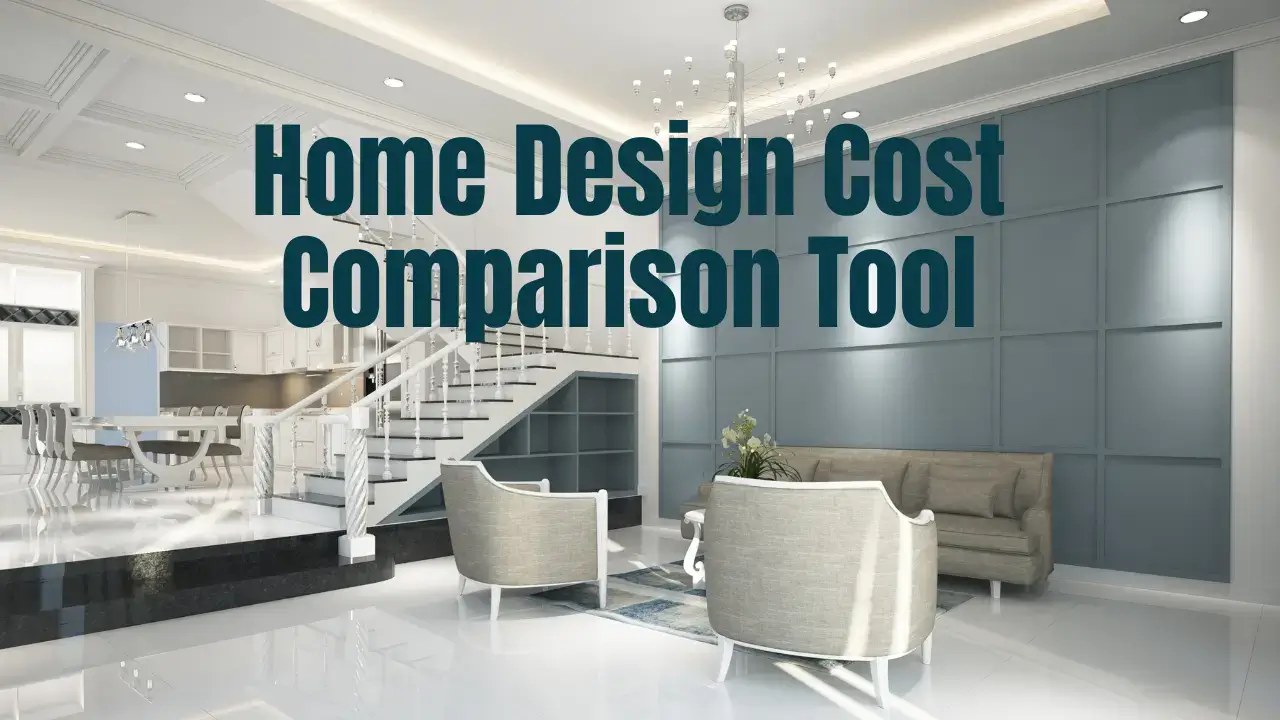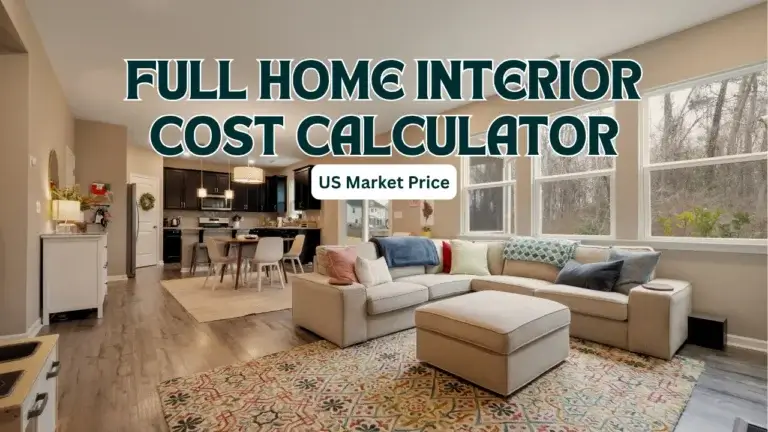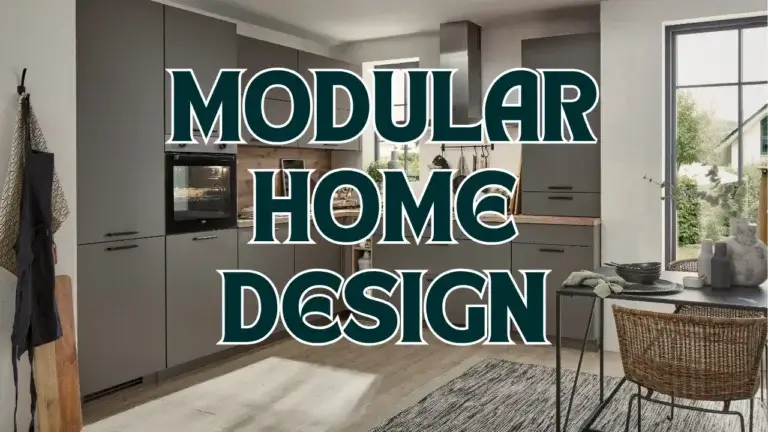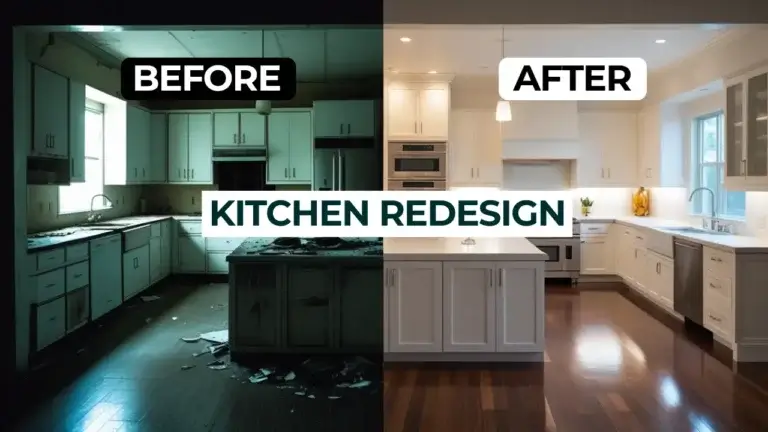Introduction: The Rising Cost of Home Design (2025)
Designing or buying a home in 2025 is more complex-and costly-than ever before. With construction materials, labor, and land prices all on the rise, homeowners and investors are facing tough decisions about where and how to spend their money. Whether you’re dreaming of building your custom sanctuary from the ground up or searching for the perfect move-in-ready property, understanding the true costs involved is essential.
But it’s not just about the sticker price. Today’s home design cost comparison 2025 landscape includes a wide array of factors: from fluctuating material costs and evolving architectural trends to the growing role of technology and AI home design tools in planning and visualization. Many buyers and builders are left wondering: Is it more cost-effective to build or buy in 2025? How do you accurately estimate your total investment?
That’s where our 2025 Home Design Cost Comparison Tool comes in. This interactive build vs buy calculator empowers you to compare the real costs of building versus buying, taking into account construction expenses, design fees, material choices, and even the latest AI-powered design tools. In this guide, you’ll learn how to use the tool, discover 2025’s cost benchmarks, and get practical tips for saving money-no matter which path you choose.
Home Design Cost Comparison Tool (2025)
Instantly compare the cost to build vs. buy a home in 2025! Enter your square footage, construction cost per sq ft, material/finish multiplier, design fee percentage, market price, and extra costs. See real-time estimates for construction, purchase, and design fees. Plus, explore the best AI tools for home design below.
Top 3 AI Tools for Home Design
User-friendly platform for creating detailed 2D and 3D layouts. Drag and drop furniture, experiment with finishes, and visualize your home before you build. Great for DIYers and inspiration.
Web-based tool with real-time 3D rendering, smart layout suggestions, and a huge catalog of furnishings. Perfect for visualizing and planning every room in your home.
Professional-grade software for photorealistic home designs, floor plans, and instant project quotes. Ideal for homeowners and pros planning high-end projects.
How Our 2025 Home Design Cost Comparison Tool Works
Navigating the financial side of home design can feel overwhelming, but our Home Design Cost Comparison Tool 2025 makes it simple. This user-friendly build vs buy calculator is designed to give you instant, tailored estimates-so you can confidently plan your project, compare options, and avoid costly surprises.
Key Features of the Build vs Buy Calculator
- Real-Time Build Cost Calculation: Enter your square footage and select a quality tier (Standard, Premium, or Luxury) to get instant estimates. The tool uses a formula:
Estimated Cost = (Square Footage × Cost per Sq Ft × Material Multiplier) + Extra Costs - Design Fee Percentage Calculator: Factor in architect and designer fees for a more accurate total.
- Market Price Comparison: Instantly compare your custom build estimate to current home prices in your area.
- Material Quality Tiers: Choose from Standard, Premium, or Luxury finishes to see how your choices affect the budget.
Input Breakdown for Accurate Home Design Cost Comparison (2025)
| Input Field | Purpose | 2025 Average Range |
|---|---|---|
| Square Footage | Base size calculation | 800–3,500 sq ft |
| Quality Tier | Finish quality adjustment | Standard–Luxury |
| Design Fee (%) | Architect/designer fee | 7–15% |
Pro Tip: For the most accurate results, research local construction costs and recent home sales in your area. Our tool provides a starting point, but local market conditions can vary.
How to Use the Home Design Cost Comparison Tool
- Enter your desired square footage.
- Select your preferred material quality tier.
- Adjust the design fee percentage if needed.
- Compare your build estimate to current market prices.
- Review the breakdown for each quality tier to see how finish choices impact your budget.
2025 Home Design Cost Benchmarks: Construction, Materials, and More
Understanding the current cost landscape is crucial before making any major home design or purchase decisions. In 2025, a variety of factors-including global supply chain shifts, local labor rates, and evolving building codes-are influencing what you’ll pay to build or buy a home. Here’s what you need to know:
Construction Costs by Region (2025)
- Standard Construction: $100–$200 per sq ft (Suburban & Rural Areas)
- Premium Construction: $250–$350 per sq ft (Urban & High-Demand Markets)
- Luxury Construction: $400+ per sq ft (Prime Locations & Custom Builds)
Tip: Always get quotes from local builders and check recent sales in your neighborhood for the most accurate numbers.
Hidden Costs to Consider in Your Home Design Cost Comparison (2025)
- Permitting and inspection fees
- Land preparation and utility hookups
- Landscaping and outdoor features
- Upgrades and customizations
- Contingency fund (10–15% recommended for unexpected costs)
Build vs Buy: When Does Each Make Sense?
Building is often the right choice if you want complete customization, the latest energy-efficient features, or a specific location. However, it can take longer and requires more hands-on involvement.
Buying a move-in-ready home is usually faster and may offer better value in high-demand markets, especially if you find a property that already includes upgrades you desire.
Key Takeaway: Use our build vs buy calculator to compare both options side by side. Factor in not just the initial price, but also the long-term value, customization potential, and hidden costs unique to your situation.
AI Home Design Tools: Revolutionizing Planning & Visualization in 2025
The home design process is evolving rapidly, thanks to the rise of artificial intelligence and smart design platforms. In 2025, these AI home design tools are making it easier than ever to visualize, plan, and even estimate the cost of your dream home-often before you ever break ground or consult an architect.
Why Use AI Home Design Tools?
- Instant Visualization: See 2D and 3D renderings of your layout and finishes in real time.
- Cost Estimation: Many tools provide ballpark pricing based on your design choices.
- Customization: Experiment with different floor plans, materials, and color schemes with just a few clicks.
- Collaboration: Share your ideas with family, designers, or contractors instantly.
Top 3 AI Home Design Tools for 2025
| Tool | Best For | Key Feature | Pricing |
|---|---|---|---|
| Planner 5D | DIY Homeowners | Drag & drop 3D design | Freemium |
| Homestyler | Visualization | Real-time rendering | Free |
| Cedreo | Professionals | Photorealistic presentations | Paid |
How AI Tools Can Save You Money
By allowing you to “test drive” design ideas and spot potential issues early, AI home design tools can help you avoid costly mistakes and change orders during construction. Many platforms even integrate with cost calculators-like the one featured in this post-so you can see how your choices impact your budget in real time.
Pro Tip: Start your design journey with one of these tools, then share your concepts with your architect or builder for a smoother, more efficient planning process.
Cost-Saving Tips for Your 2025 Home Design Cost Comparison
Building or buying a home is a major investment, but with the right strategies, you can keep your project on budget without sacrificing your vision. Here are some proven, actionable tips to help you save money on your 2025 home design cost comparison:
- Make Smart Material Choices: Opt for high-quality, mid-range materials instead of the most expensive finishes. Modern, durable products can mimic the look of luxury at a fraction of the price.
- Negotiate Design and Architect Fees: Discuss fees with your architect or designer and see if you can take a more hands-on approach using AI home design tools for initial layouts.
- Time Your Project Wisely: Plan your build or renovation during off-peak seasons to secure better rates from contractors and suppliers.
- Combine AI Tools with Professional Guidance: Start with free or low-cost AI design platforms, then bring your ideas to a professional for refinement.
- Plan for the Future: Invest in energy-efficient features and flexible spaces that will save you money in the long run.
Quick Checklist for Cost Control:
- Set a realistic contingency budget (10–15% of total costs)
- Get multiple bids from contractors and suppliers
- Prioritize must-have features over nice-to-haves
- Monitor your budget regularly with digital tools
Case Study: 2,000 Sq Ft Home Design Cost Comparison (2025)
To show how the numbers play out in real life, let’s walk through a practical example using our Home Design Cost Comparison Tool 2025. We’ll compare building a new 2,000 square foot home versus buying a similar property in 2025.
Scenario 1: Building New
- Square Footage: 2,000 sq ft
- Quality Tier: Premium ($150/sq ft)
- Design Fee: 10%
- Base Construction Cost: 2,000 × $150 = $300,000
- Design Fee: $300,000 × 10% = $30,000
- Estimated Total (before land and extras): $330,000
- Land Purchase: $50,000 (average)
- Permits, Utilities, Landscaping, etc.: $25,000
- Total Estimated Build Cost: $405,000
Scenario 2: Buying an Existing Home
- Market Price for Similar Home (2025): $420,000
- Immediate Renovation/Upgrade Budget: $10,000
- Total Estimated Buy Cost: $430,000
ROI Comparison Over 5 Years
| Option | Upfront Cost | Customization | Energy Efficiency | 5-Year Value Growth* |
|---|---|---|---|---|
| Build New | $405,000 | High | High | $50,000 |
| Buy Existing | $430,000 | Moderate | Moderate | $40,000 |
*Estimated based on average appreciation and energy savings.
Key Insights:
Building new offers greater customization and the latest energy-saving features, often at a lower initial cost-especially if you’re savvy with material and design choices. Buying is faster and may include established landscaping or location benefits, but often comes with a premium and potential renovation costs.
Takeaway:
Use the calculator to plug in your own numbers and local prices. The best choice depends on your priorities: customization and efficiency, or speed and convenience.
Frequently Asked Questions (FAQ)
1. How accurate are 2025 construction estimates?
Estimates generated by our tool are based on the latest industry averages and trends for 2025. However, actual costs can vary by region, builder, and material availability. We recommend allowing for a ±15% variance and always getting multiple quotes from local professionals before making final decisions.
2. When should I hire an architect or designer?
If your project budget exceeds $200,000 or involves custom layouts, complex structural changes, or unique site conditions, hiring a professional is highly recommended. For simpler projects, you can start with AI design tools and consult an architect for final plans and permits.
3. Do AI design tools replace architects and designers?
AI tools are fantastic for brainstorming layouts, visualizing ideas, and estimating costs. However, they don’t replace the expertise of a licensed architect or designer, especially for code compliance, structural safety, and maximizing your site’s potential.
4. What hidden costs should I watch out for?
Common hidden costs include permitting fees, utility hookups, landscaping, site preparation, and contingency funds for unexpected issues. Always build a 10–15% buffer into your budget.
5. Is building always cheaper than buying in 2025?
Not always. In some markets, buying an existing home may be more cost-effective due to high land or labor costs. In other areas, building new can offer better value and energy efficiency. Use our calculator to compare both options based on your local market.
6. Can I use the cost calculator for renovations or additions?
Yes! While designed for new builds, you can input your project’s square footage and adjust the quality tier to estimate renovation or addition costs. For complex remodels, consult a local contractor for a detailed quote.
Conclusion: Smarter Home Design Cost Comparison in 2025
Designing or buying a home in 2025 is both an exciting and complex journey. With construction costs, market prices, and new technologies all evolving rapidly, making informed decisions is more important than ever. Our Home Design Cost Comparison Tool 2025 empowers you to estimate, compare, and plan with confidence-whether you’re building from scratch or considering a move-in-ready home.
- Use the calculator to get real-time estimates tailored to your needs.
- Compare building and buying scenarios, factoring in design fees, materials, and hidden costs.
- Leverage AI home design tools to visualize your ideas and streamline the planning process.
- Apply cost-saving strategies to keep your dream home within budget.

My name is Mahi Uddin, and I’m a blog writer with over two years of experience specializing in creating engaging, informative content using AI tools. I contribute to InExDecor.com, where I share creative ideas and practical tips for transforming interior and exterior spaces into beautiful, functional environments. With a passion for storytelling and a knack for blending creativity with technology, I strive to craft blogs that not only inform but also inspire readers. When I’m not writing, you can find me exploring design trends or enjoying a good book with a cup of coffee.








